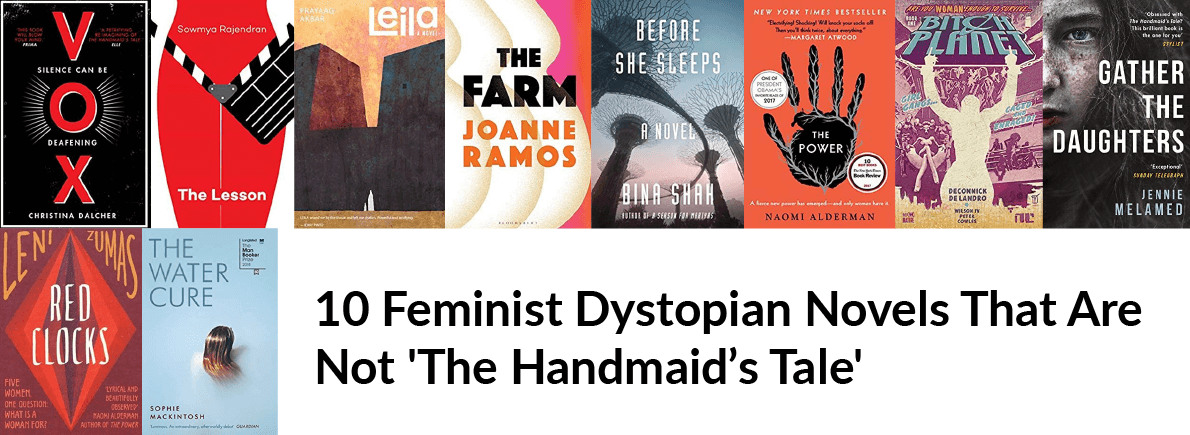
While the genre of feminist dystopia in literature is now popularly synonymous with Margaret Atwood’s The Handmaid’s Tale, it is by no means limited to one novel. The stories within this genre are a direct result of lived experiences or an extension of the problematic times we currently exist in. As a result, it is no wonder that the relatively new genre of feminist dystopian literature is rich in options with authors setting their tales in plausible environments. By no means exhaustive, this list features a mix of feminist dystopian novels from all across the world.
01
The Power
Naomi Alderman
Naomi Alderman’s iconic novel is set in a recognisable world that suddenly undergoes a change in hierarchy when girls entering puberty develop the power to inflict extreme pain on others. The story revolves around four main characters and the events that unfold once their lives converge and they realise how powerless they’d previously been. The dystopian world created in The Power is a testament to the manner in which societal structures topple and male privilege is removed as soon as women gain power. At its core, Alderman’s novel is, in equal parts, a thrilling story and a compelling thought experiment that explores what would happen if the tables were to be turned, and women held all the power.
Buy it here.
02
Red Clocks
Leni Zumas
Leni Zumas sets her novel in a dystopian America that has abolished abortion, with embryos being granted the right to life, liberty, and property. The story follows five very different women navigating these barriers alongside age-old questions of motherhood, identity, and freedom. What makes Red Clocks stand out is the ease with which male politicians take away women’s rights simply because they don’t think women should have them. The powerlessness and fury of women find an outlet in their spoken protests and their pleas to be heard by the men they are surrounded with. Through all of this, it is the struggle to be valued that runs like a power line under every incarnation of feminism.
Buy it here.
03
Vox
Christina Dalcher
Dr. Jean McClellan, the protagonist in Christina Dalcher’s Vox, wakes up to an America that has stripped women of their basic human rights, such as the right to education, the right to work and the freedom of expression. In this dystopian novel, women’s voices are literally silenced as they are forced to wear bracelets that shock them if they exceed their daily word limit. Jean’s frustration at being unable to voice her true thoughts and feelings is palpable and is a fair representation of the kind of disempowerment many women across the world feel when denied their rights.
Buy it here.
04
Leila
Prayaag Akbar
Set in a highly plausible future, Leila depicts a city obsessed with purity, with walls that divide and confine communities. The story revolves around Shalini’s search for her daughter, Leila, who was taken away from her because Leila was born out of a Hindu-Muslim marriage. Feminist fiction revolves around the idea of a woman’s body as a possession and controlled by male members of society. Due to this, it is hardly surprising that most writers of feminist fiction are women, writing from their lived experiences. What is unique about this book is Prayaag Akbar’s ability to adopt a female voice so completely that you forget it has been written by a man. Akbar treats Shalini with empathy and respect, providing her with a voice that is powerful and very much her own.
Buy it here.
05
Bitch Planet
Kelly Sue DeConnick, Valentine De Landro (Illus.)
In Bitch Planet, women who are considered “non-compliant”, either because of their actions, their looks or their sexuality, are shipped off to an off-planet prison called the Auxiliary Compliance Outpost. This dystopian graphic novel explores the lives of women in this prison as they try to stay alive while dealing with crooked guards and hidden agendas. Bitch Planet is a feminist graphic novel that uses a patriarchal dystopian society to highlight the exploitation of women.
Buy it here.
06
Gather The Daughters
Jennie Melamed
Jennie Melamed’s debut novel takes the reader into a strange society on an isolated island where gender roles are magnified to a dangerous level. It depicts a dystopian future in which women are kept under strict control and play a very limited role in the society they live in. They are trained to be wives, until their first period when they must marry, settle with a husband, and have children until they are no longer useful. Gather The Daughters examines the issue of female sexual abuse in our society, moving the narrative between three girls and one woman, each having a distinctive voice, character, and family background that is developed in a plausible and likeable manner.
Buy it here.
07
Before She Sleeps
Bina Shah
Pakistani author Bina Shah’s 2018 novel Before She Sleeps approaches gender roles from a South Asian perspective. Set in a near-future Middle Eastern city, she depicts a world bearing the brunt of generations of gender selection, war, and disease, with a drastically reduced population of women in proportion to men. Surviving fertile women are forced into polyandrous marriages with the objective of bearing multiple children. Yet, there are women who resist and refuse to be a part of the system. This dystopian novel talks about women’s lives in repressive countries everywhere, taking the patriarchal practices of female seclusion and purdah, gender selection, and control over women’s bodies, and amplifying and distorting them in a truly terrifying manner.
Buy it here.
08
The Lesson
Sowmya Rajendran
The Lesson is a dystopian satire about the violence that women live with – structural, systemic and even the everyday sort. Sowmya Rajendran sets her novel in a future India where women’s sexuality is dictated by the State in the service of ‘nation-building’. This India is a grim one. Women’s lives are predetermined in one direction – that of becoming ideal wives and mothers who will produce perfect male children for the nation. Those who deviate from this course are counselled and corrected, and the recalcitrant ones are punished with a ‘lesson’ in the form of rape by a state-approved rapist. The novel revolves around one such deviant woman and is horrifying in its ordinariness and plausibility.
Buy it here.
09
The Farm
Joanne Ramos
Joanne Ramos’ debut novel is both an immigrant story and a work of feminist dystopian fiction. It centres around a Filipina immigrant Jane and a seemingly idyllic retreat centre called ‘The Farm’. As Jane, a struggling young mother, becomes a surrogate for an uber-wealthy client and moves to ‘The Farm’, she begins to question if missing her own daughter’s growing years to earn money is worth it or not. Full of dark humour, The Farm is a thought-provoking take on topics such as white privilege, motherhood and the actual worth of money.
Buy it here.
10
The Water Cure
Sophie Mackintosh
Sophie Mackintosh’s The Water Cure is a brutal and eerie debut novel that speaks of a world uncannily similar to our own, where women are not safe in their own bodies and desperate measures are required to raise a daughter. The three girls in the novel, Grace, Lia and Sky, are kept away from the world by their father for “their own good”. Unfortunately, though, they cannot be kept hidden forever. When three strangers are washed up by the sea, their gazes hungry and insistent, it becomes evident that they will leave nothing but desire and destruction in their wake. Through her novel, Mackintosh raises questions around violence against women, the violation of reproductive rights, pervasive and institutionalised sexism and the troubles of a dystopic family structure.
Buy it here.
Have you read any of these feminist dystopian novels? Have you come across any other femnist dystopian novels? Share your recommendations in the comments below.
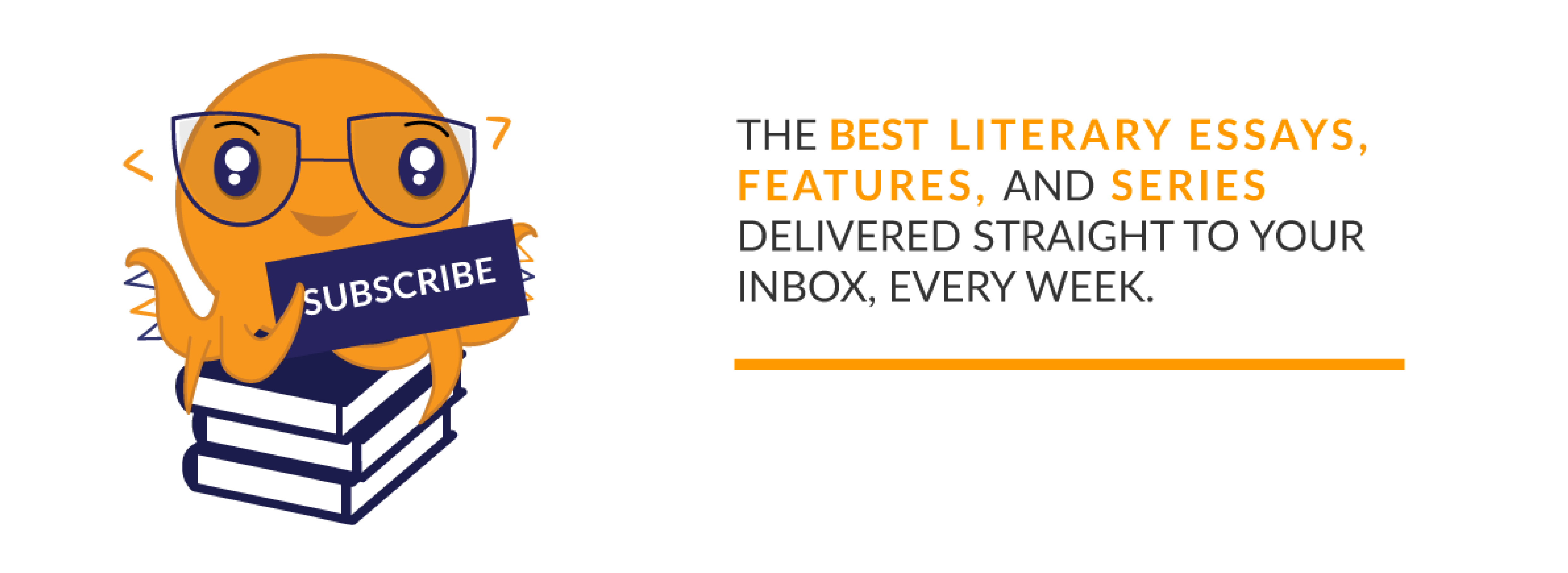
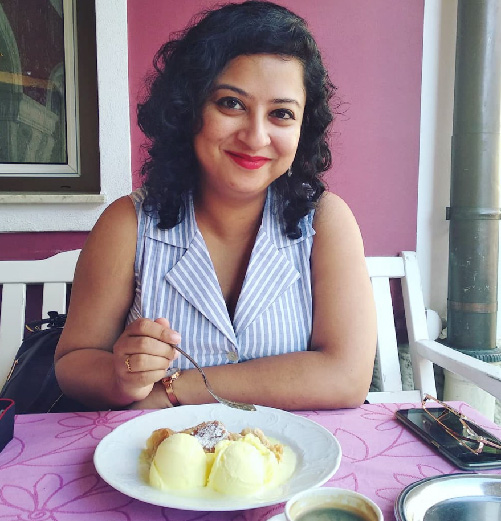
Oishani Mitra
A love for the written word has led Oishani to structure her life around reading. Books introduced her to a world filled with so many possibilities, and helped her understand the power of a well-written story. With an educational background in English Literature and Film & Television Studies, she has been working as an editor for an arts magazine for a few years now. She believes in the healing powers of a perfectly brewed cup of coffee and the chance to explore a new city. And, no matter where she might be, her Kindle (loaded with books) is never too far from her person.
She is the editor at The Curious Reader. Read her pieces, here.

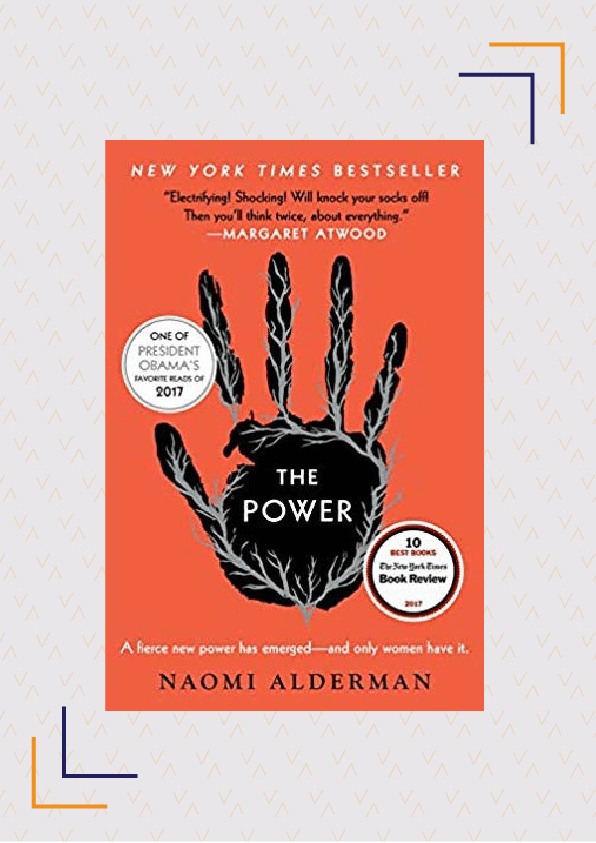
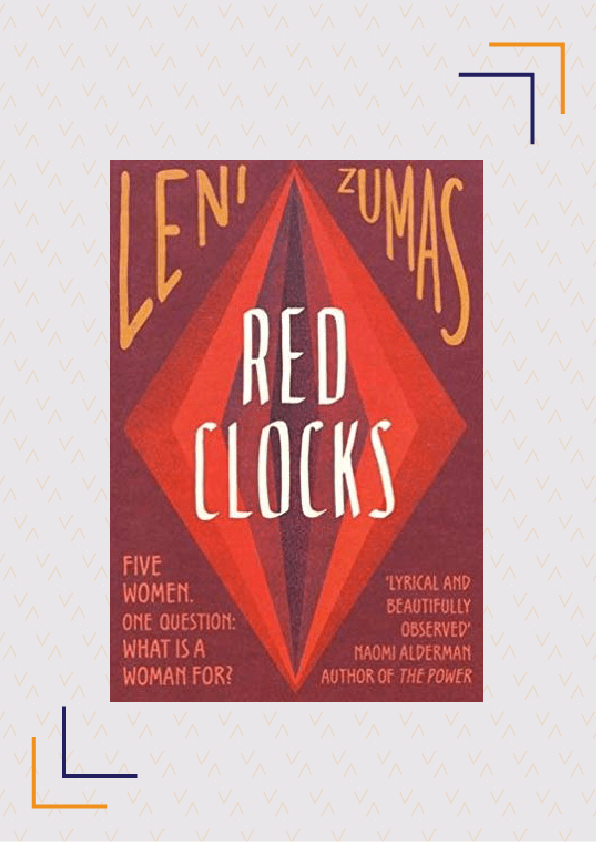
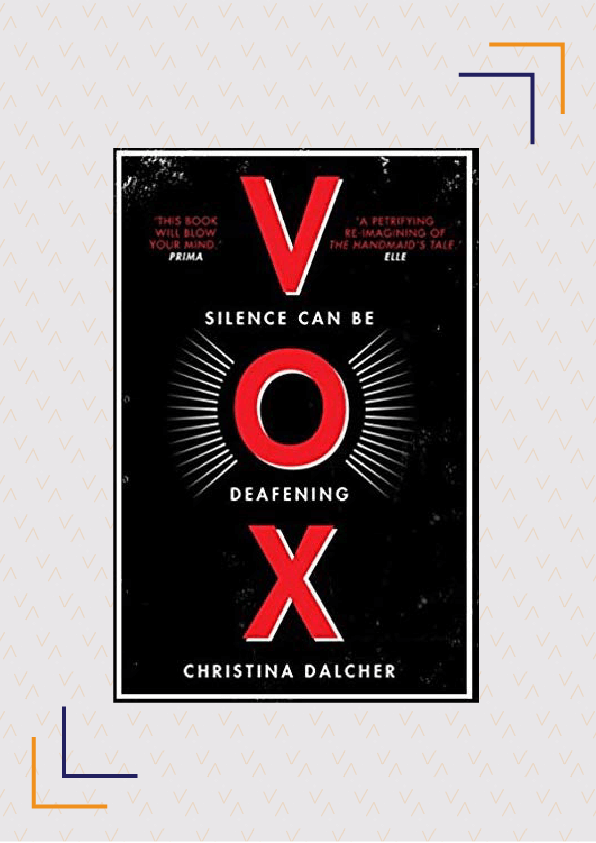
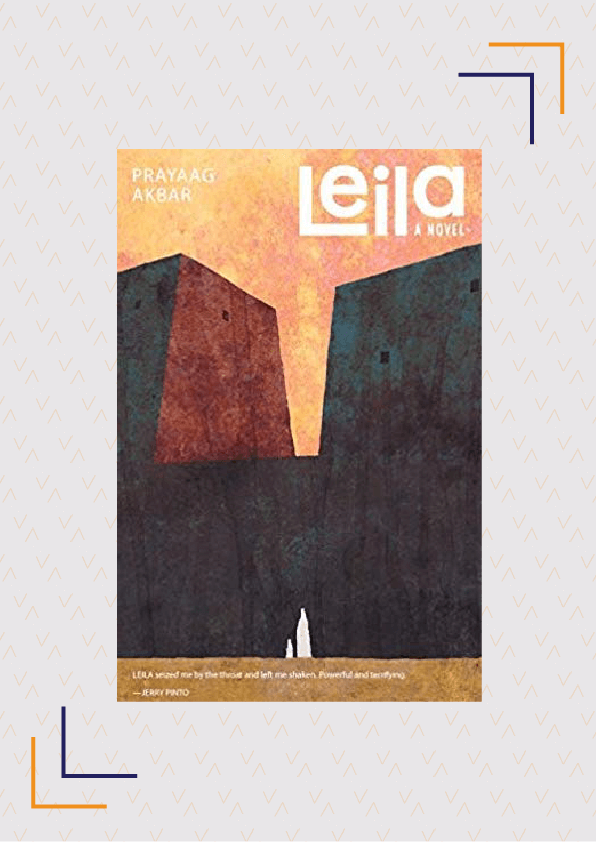
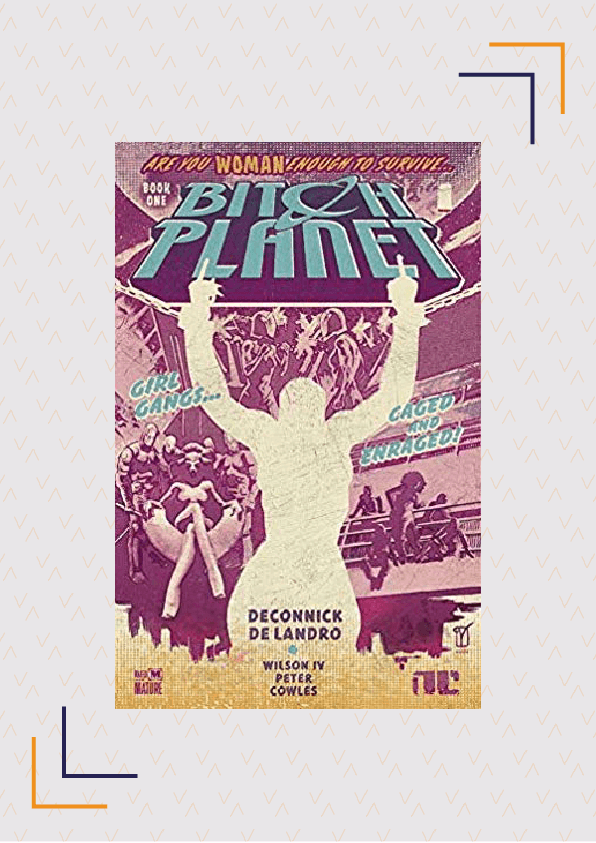
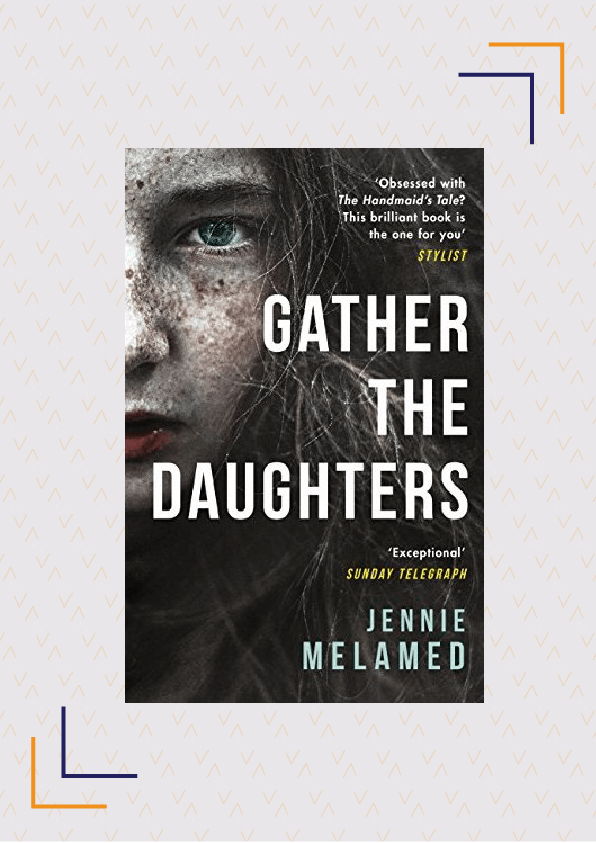
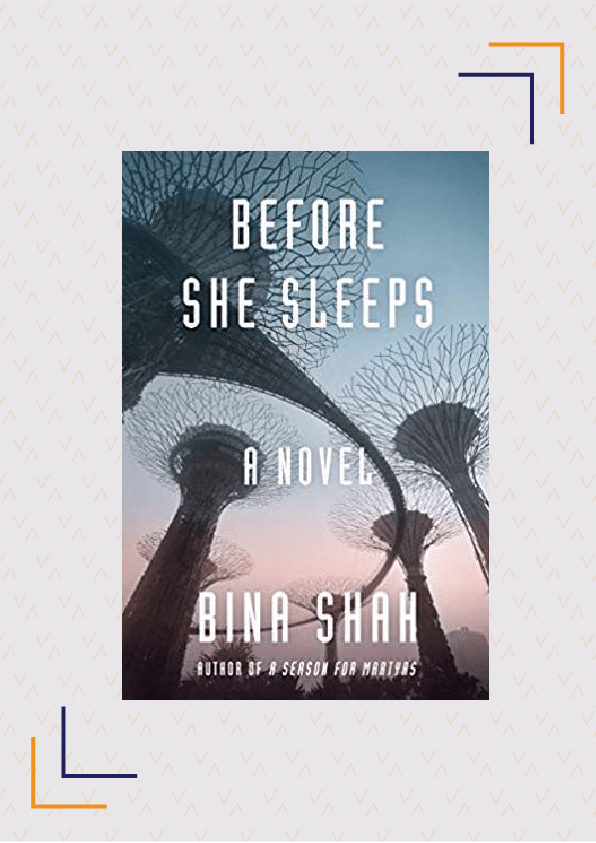
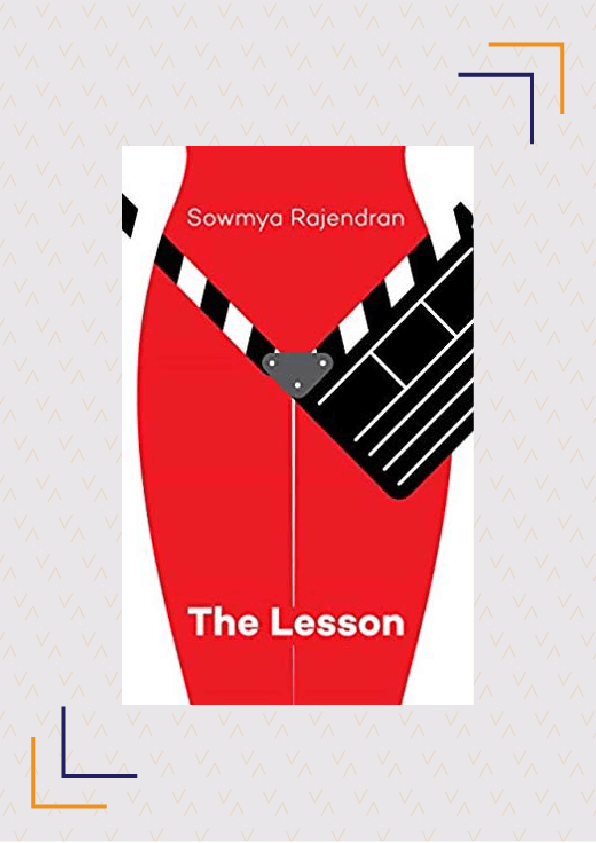



Check your inbox to confirm your subscription
We hate spam as much as you hate spoilers!